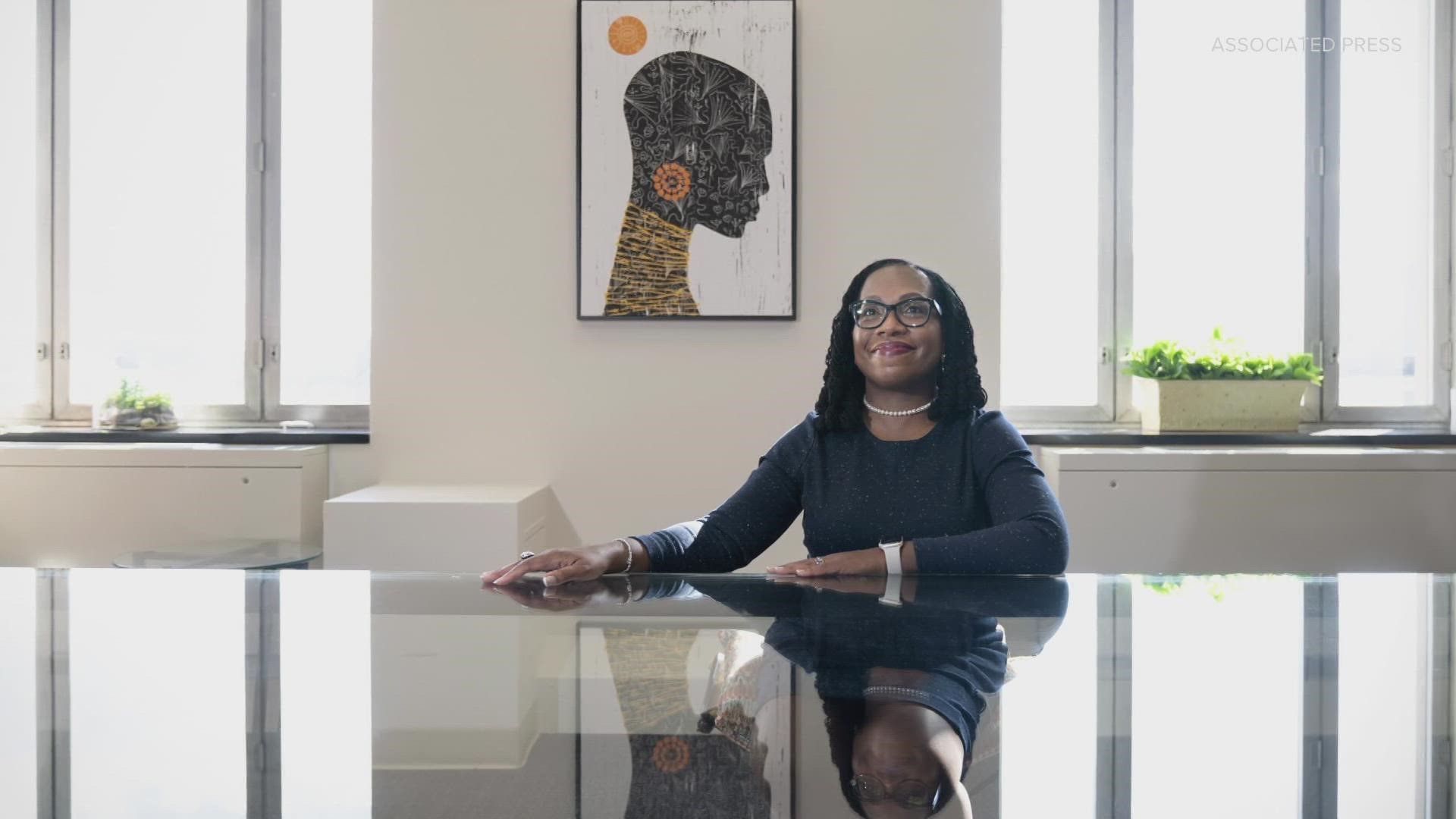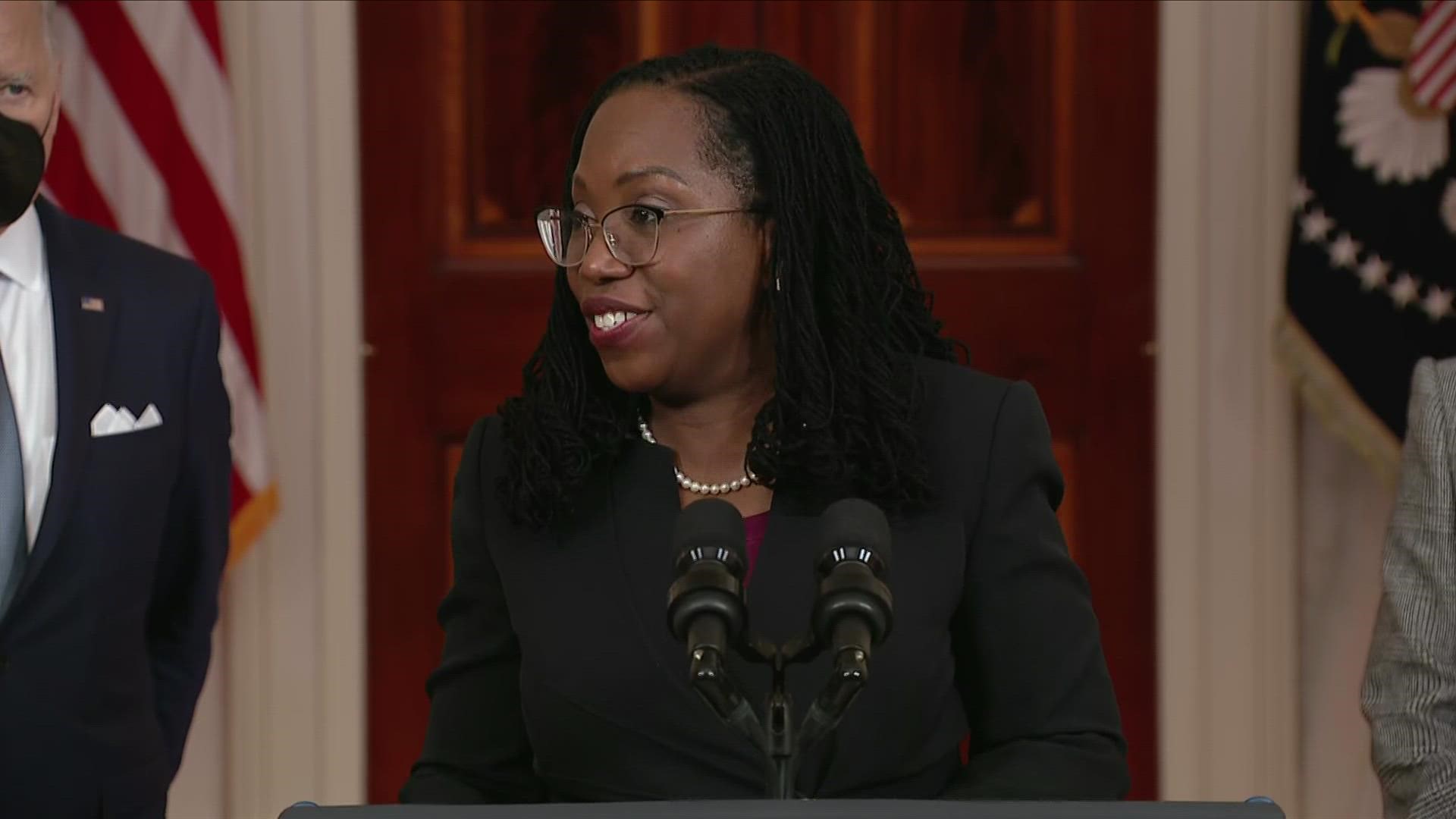SEATTLE — Upon learning President Joe Biden had nominated Ketanji Brown Jackson to the U.S. Supreme Court, Seattle University Vice President of Diversity and Inclusion Natasha Martin felt elation and also a heaviness. Martin knows that the next few weeks of confirmation hearings could be difficult.
"I am already imagining the day, once we get through this tumultuous confirmation process, when she will be confirmed and that will be impactful indeed," Martin said. "It is about representation, but it's about so much more than that."
Martin said she has watched for months as long lists circulated of eligible Black female law professionals who may be selected; then, as they were narrowed down to shortlists before selecting a final three, and finally, to Brown Jackson's name.
"We get this picture that there perhaps are not qualified Black women to ascend to these offices and these positions like the U.S. Supreme Court, which is the highest court, right, in the country....and that couldn't be further from the truth," Martin said.
Professor Andrew Siegel, associate dean for academic affairs and professor of law at Seattle University, also watched as the decision was made.
"She combines all the traditional qualifications in terms of educational excellence, experience, career background, training that you'd want from someone, I'm sure brilliance that you'd want from someone, in this position, as well as some experiences we haven't had in awhile," Siegel said.
Siegel pointed to Jackson's experience as the vice chair of the sentencing commission and as a public defender as giving her expertise on issues surrounding criminal justice reform.
He believes this would help qualify her for constitutional issues including criminal procedure, the fourth amendment, the fifth amendment, the right to counsel, searches, and related topics.
"Justice Breyer was one of the drafters of those laws and he brought an extraordinary expertise to the court on those, and that expertise is going to be replaced with Judge Brown Jackson who had, as her professional home for years of her life, working for the Sentencing Commission," Siegel said.
As a lawyer, leader, tenured law professor, and now the first vice president in her position, Martin knows what it's like to be "the first." She shares with Brown Jackson a passion for faith, family, and commitment to fundamental fairness in the law, which Brown Jackson spoke of in her remarks.
"In some ways... it's about having someone on the U.S. Supreme Court who reflects back to me and young Black women who are in law school right now, who are in our K-12 schools right now, whose life experiences in some way mirror my own, and that is no small thing," Martin said.
Martin called the Supreme Court "a vital institution in our Democratic fabric."
"...the interpretive rulemaking of the courts is informed not only by where they are, who they have been, and what their values are."


